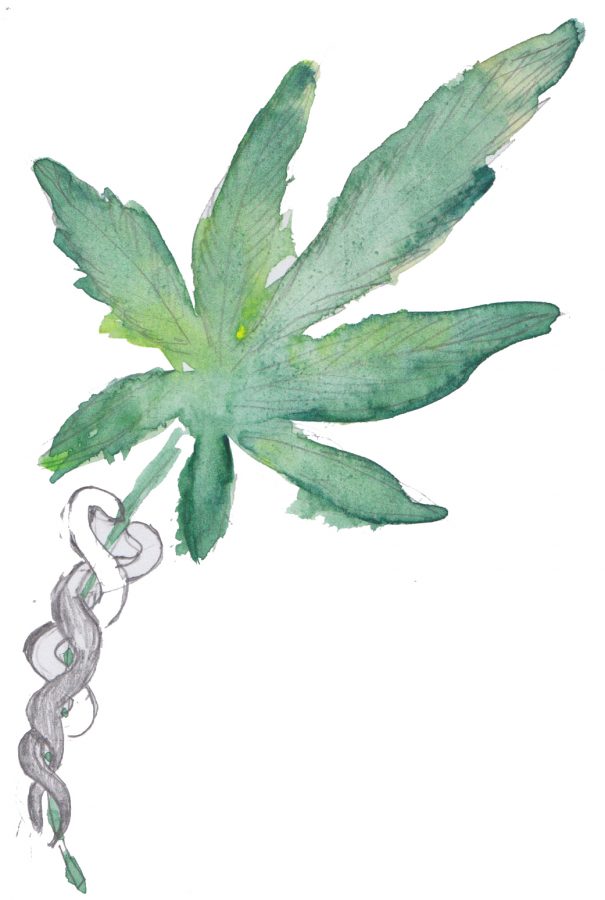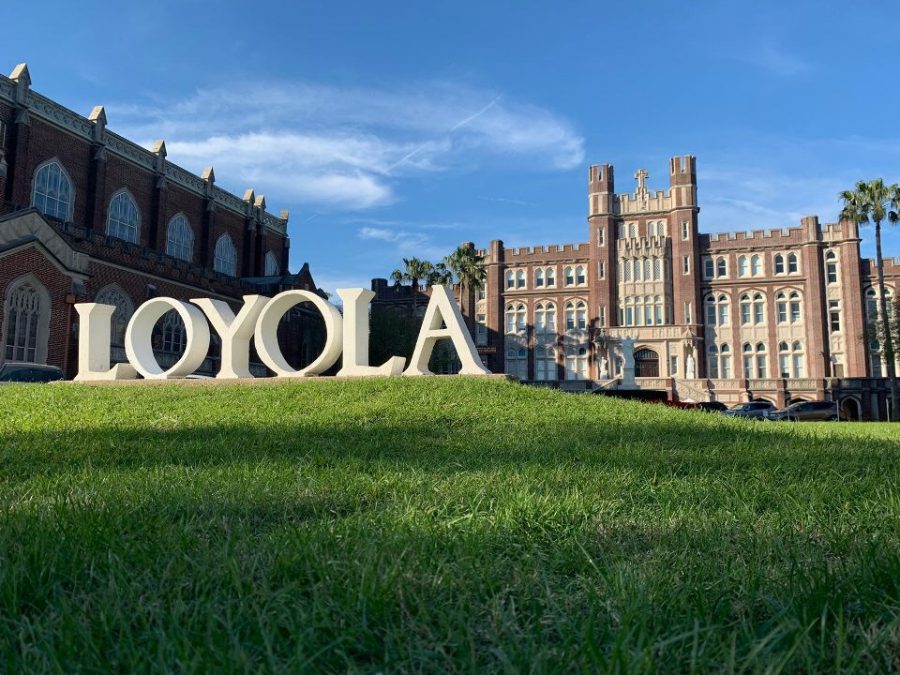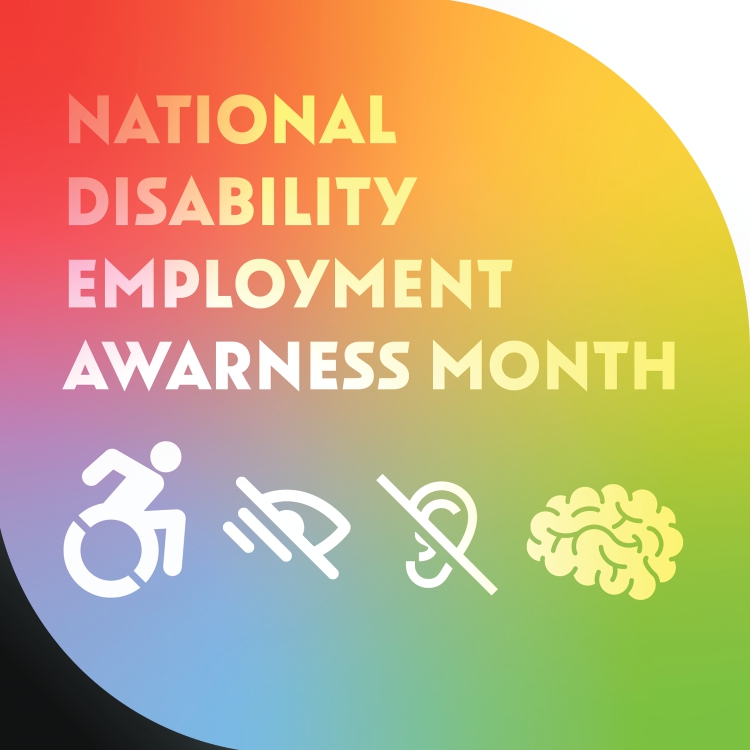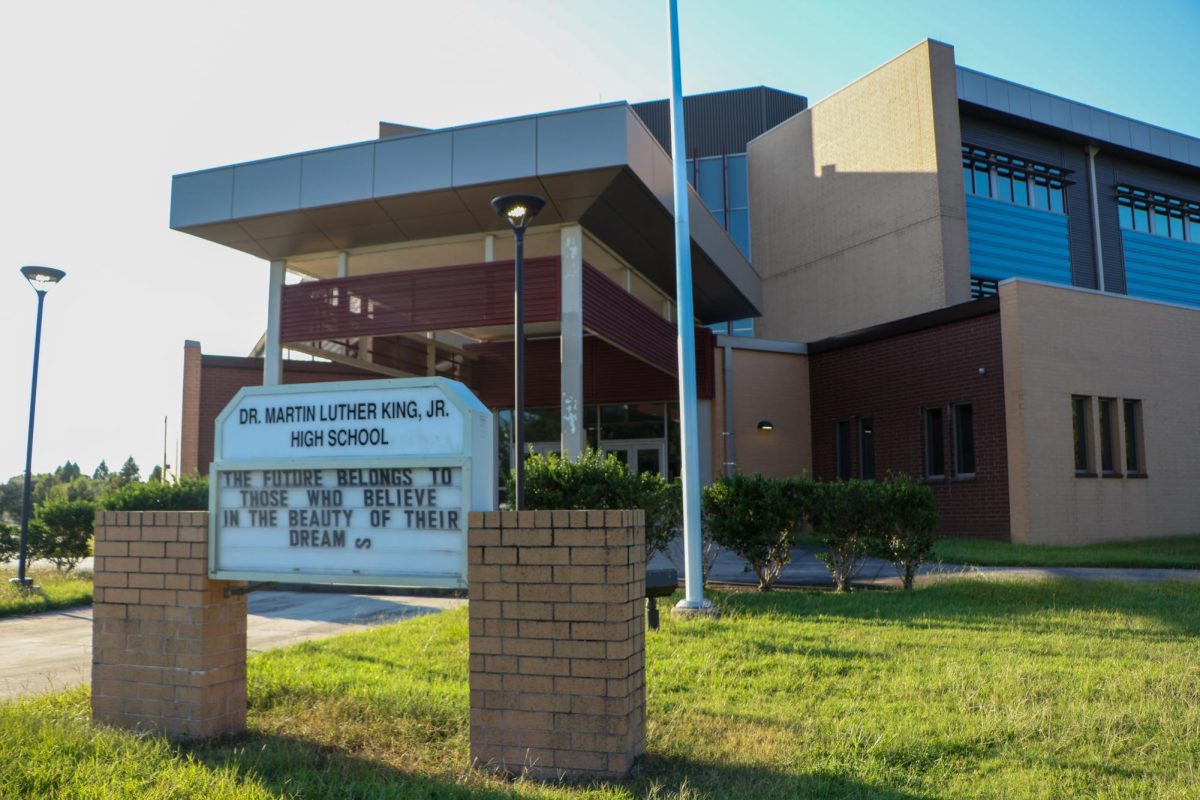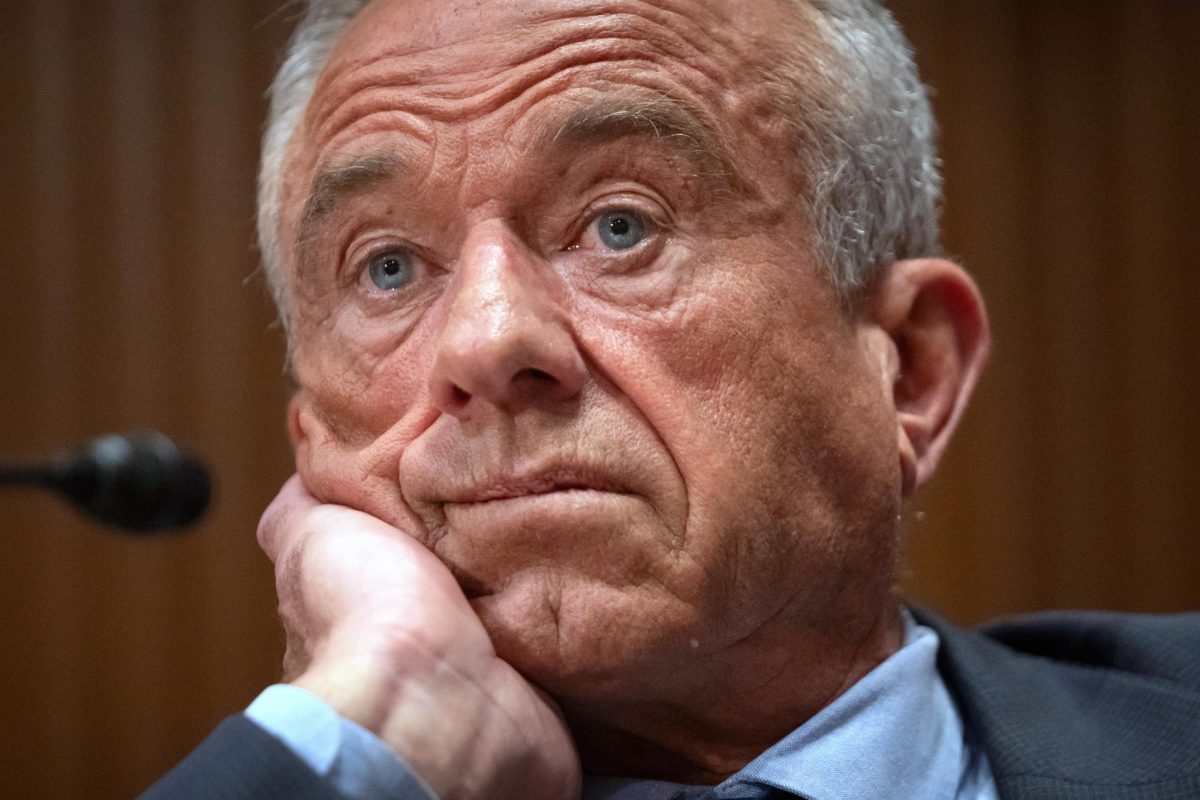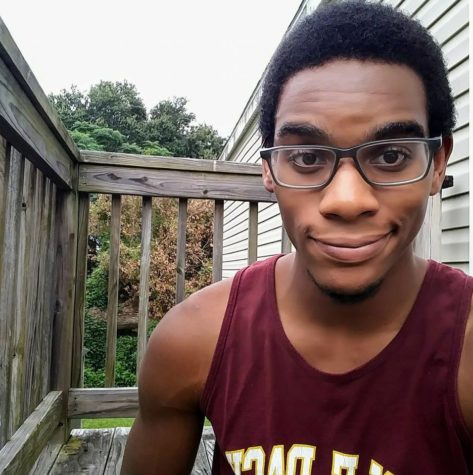Frédéric Whitaker, the younger brother of Charles Whitaker, A’16, died when he had a seizure and fell. He suffered from epilepsy.
“I think before it happened, I’d never known anybody or heard of anybody dying from an epilepsy-related incident, so it was definitely a wake-up call of how seriously it affects the family of people with epilepsy,” said Joseph Allen, computer science junior at Tulane, who graduated from Benjamin Franklin High School with Frédéric Whitaker.
When asked how the death affected the Benjamin Franklin community, music industry studies junior Rai Chamber said she thought it shook the school’s alumni who graduated with Whitaker in 2014.
“A shocking number of people that we knew in our Franklin class have passed since Fred passed away, and that was just really shocking,” Chambers said. “I did wish that I got to know him better when he was alive.”
“When I first heard about it, I was in my dorm,” said Louisiana State University engineering junior William Abbot. “I didn’t talk to anybody for a day; I just basically threw my phone away.”
Abbot said that Frédéric Whitaker was interested in the applications of medical marijuana for treating epilepsy.
“I think it helped. I think it really did help, but I’m sure the medications helped more,” Abbot said.
Medical marijuana may currently be viewed as an appealing alternative for epilepsy medication, especially treatment-resistant forms of epilepsy, but conclusive research on the issue isn’t available. According to the National Institute of Neurological Disorders and Stroke, the risk of seizures increases from the potency of medication potentially diminishing over time, and people with treatment-resistant epilepsy may have up to hundreds of seizures a day or one seizure a year with possibly disabling or lethal consequences.
“There are people who have multiple seizures every day who can’t live a regular life, where their brain has not been given the chance to even develop because of how severe their case of epilepsy is,” Zach Brien, A’16 and Benjamin Franklin alumnus, said.
Brien was diagnosed with juvenile miltonic epilepsy about five years ago and said that not getting enough sleep puts him at risk for his particular case.
“I’ve had to change medicine levels and things of that nature, but for the most part, I’ve been on the same medication the whole time,” Brien said.
Brien said he thought what happened to Frédéric Whitaker was frightening because he himself has fallen and smacked his head on occasion due to seizures.
“From my point of view, we should be doing everything we can to help these people. Nothing should be off the table,” Brien said.
Nicole R. Villemarette-Pittman, administrative director of research at the Louisiana State University Epilepsy Center of Excellence, said a big problem with medical marijuana in treating epilepsy has been its “absolute lack of effectiveness” as shown in early studies.
Because of the Drug Enforcement Administration’s classifying of marijuana as a schedule I drug, accumulating research for the plant has been difficult and has not featured large-scale clinical trials, like with other tested drugs the federal government says are safe. Doctors can also be hesitant to prescribe or recommend the plant, even in states with medical marijuana dispensaries, since the plant is federally illegal.
“It’s this big circular problem of how just legalizing doesn’t make it accessible or effective,” Villemarette-Pittman said.
Wendy Kogel, care manager at the Epilepsy Foundation of Colorado, said that her organization’s current stance on medical cannabis is wanting to see more research into the cannabidiol (CBD) component in marijuana that has appeared to have beneficial effects for epilepsy in some clinical studies.
“And if there are clinical trials, obviously, the doctors can’t prescribe anything,” Kogel said. “They recruit people who are currently undergoing CBD therapy, and they see the results of that. And case by case, see how it affects kids.”
Kogel said she answers calls makes referrals to people from all over the country, and they often ask questions about the medical benefits of marijuana’s CBD component.
“When people call, they may be at the end of their line seeking advice.”
This August, the DEA rejected two petitions to reschedule marijuana. In their report, they reviewed 11 clinical studies as recent as 2013 that met their criteria, but the studies overall failed to provide sufficient evidence for marijuana being used as an acceptable medical treatment in the United States.
Although the drug is still illegal under the federal law, there is hope for those looking for ailment relief through marijuana. In rejecting petitions, the DEA also announced a policy change to foster research. The agency expanded the number of potentially registered marijuana manufacturers that are authorized to grow the plant for research purposes. Prior to this announcement, only the University of Mississippi could supply the marijuana used in research.
The drug is also making progress in being available medically in Louisiana. Governor John Bel Edwards signed the Louisiana medical marijuana bill this May, and LSU is one of two authorized schools in Louisiana in the planning stages for supplying the state with medical marijuana, which will be given to 10 marijuana pharmacies to be selected by the state.
LSU and Southern University are slated to be the first institutions in the nation to begin a medical marijuana program that focuses on supplying the drug to patients.
“I’m really shocked that this is happening,” Abbot said.
Charles Whitaker said that he thinks the nation could see marijuana legalized across the country in our lifetime. “It’d be ridiculous that marijuana is still looked at in the eyes in the law like cocaine or more harmful drugs. I think it’s clear that there’s a lot of medicinal benefits.”
But Villemarette-Pittman explained that anecdotal success stories are not enough. “A lot of people that self-medicate say that it helps them, but in fact, there’s really no way of knowing that.”
Even with patients that suffer from epilepsy having medical marijuana dispensaries available, it may be difficult to tell how effective each marijuana dose may be for each individual diagnosed with epilepsy. There are the variables of different marijuana strains, the number of dosages to take and adverse side effects to consider.
When asked if those seeking help may look to medical marijuana because of the harsh side effects of medication they currently take, Kogel said that this issue can come down to the quality of life patients want.
“Epilepsy meds can be very intense, and the side effects can be devastating.”
People may choose medication with harsher side effects, in order to have fewer seizures, or they may chose to suffer from more seizures but have easier side effects to deal with.
According to the Centers for Disease Control and Prevention, there are over 30 different types of seizures that exist.
“It’s not just about access, it’s about getting access to a reliable amount of medication, as you want it prescribed,” Villemarette-Pittman said.
Time will tell if the DEA’s action to open up the opportunities for marijuana research end with studies producing more sound results from medication such as epidiolex, a liquid drug derived from cannabis used to treat some cases of epilepsy, according to the National Institute of Drug Abuse. There are currently four active studies listed by the U.S. National Institutes of Health regarding epilepsy and marijuana research.
One study is analyzing the genetic differences between responders who suffer from the case of epilepsy known as Dravet Syndrome who benefit from the marijuana strain Charlotte’s Web and those that suffer from this case of epilepsy but do not benefit from the strain. This kind of study is looking to reveal how marijuana may have an anti-epileptic effect.
Abbot said he thinks that once a state has passed medical marijuana, recreational use is not far from becoming legal; however, he thinks less attention should be geared to “just getting high” and more on beneficial research. Allen explained that he thinks there might be supporters of marijuana that want the drug to be recreational, so they support medical marijuana implementation.
“And I think that’s probably a bad thing. Recreational is recreational. I think that the more research and documentation, the better,” Allen said.


